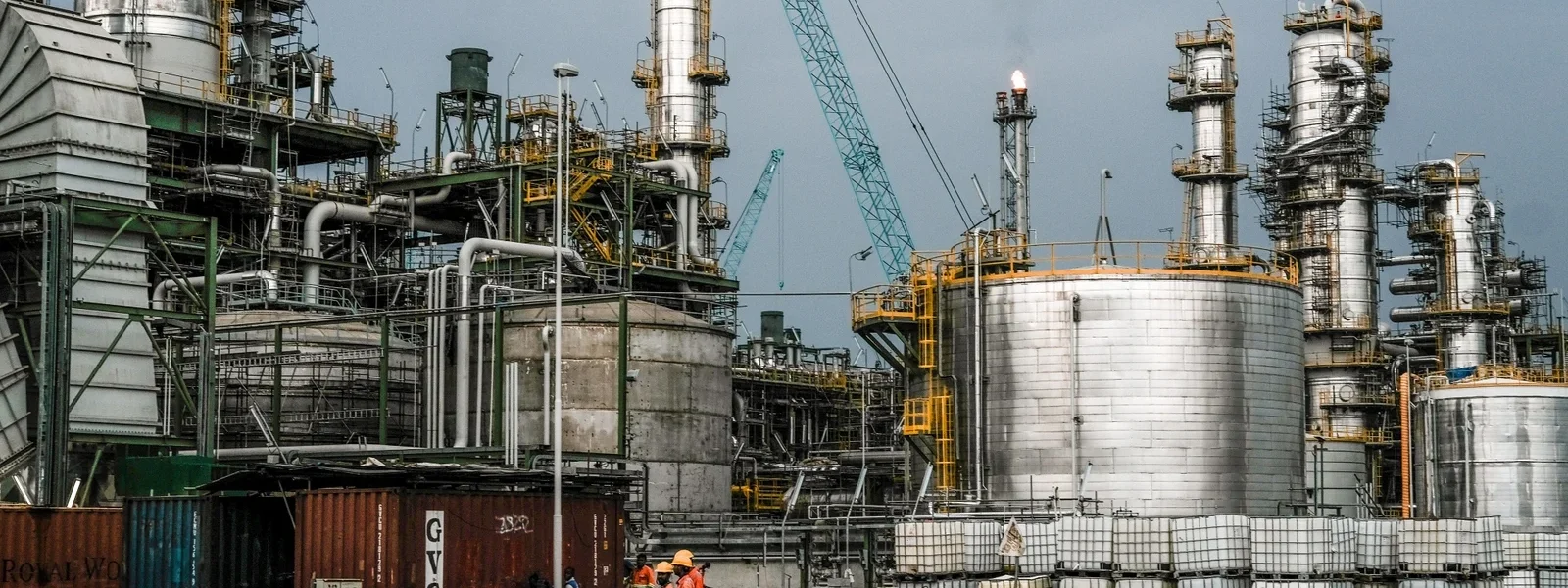Introduction
In Nigeria, a high-stakes drama is unfolding in the oil sector. At the center of this controversy is the Dangote Refinery, a monumental $20 billion project led by Aliko Dangote, Africa’s richest man. Launched in January 2023, the refinery was seen as a transformative force for Nigeria’s oil industry. However, it now finds itself entangled in a heated dispute with Nigeria’s regulatory bodies and major oil companies.
Initial Operational Struggles
The conflict began as Dangote’s refinery faced difficulties in securing sufficient crude oil supplies. Despite its significant role in one of Africa’s largest oil-producing nations, the refinery had to import crude, exacerbating its operational challenges. Dangote’s refinery accused international oil majors of blocking its access to locally produced crude and criticized the Nigerian Midstream and Downstream Petroleum Regulatory Authority for allowing the importation of lower quality fuels. The refinery argued that these practices compromised its operations and the quality of its products.
Regulatory and Legislative Response
Nigerian regulatory authorities countered these accusations, claiming that the Dangote refinery was only 45% complete and that its gas oil was inferior to imported alternatives. In response to these allegations, Nigerian lawmakers initiated an investigation. A newly formed committee is tasked with examining claims of fuel contamination, the operations of regulatory bodies, and the overall state of the oil sector.
Quality Assurance Controversy
A significant twist occurred when Dangote invited lawmakers to inspect his refinery. Tests revealed that the sulfur content in the refinery’s diesel was 87.6 parts per million, far lower than other locally available fuels, which had sulfur levels exceeding 1800 parts per million and 2800 parts per million. This revelation added complexity to the debate, underscoring the intricate issues within Nigeria’s oil industry.
Political and Economic Implications
Further complicating the scenario, Dangote announced he would suspend plans to invest in Nigeria’s steel sector. This announcement followed the presidential election, which saw President Bola Tinubu replace Muhammadu Buhari, a strong ally of Dangote. This political shift has intensified the situation, with allegations of corruption and insider influence further straining the industry.
National and Global Impact
As the legislative investigation progresses, the broader implications of this conflict are becoming evident. The outcome will be pivotal for Nigeria’s oil industry and its economic future. The entire nation is keenly observing the developments, aware of the high stakes involved.
Conclusion
The Dangote Refinery controversy highlights the broader challenges within Nigeria’s oil sector. The resolution of this dispute will be crucial for the stakeholders and the future of Nigeria’s oil industry. As investigations continue, the eyes of the nation and the global community remain focused on Nigeria, anticipating the outcome of this significant conflict.






